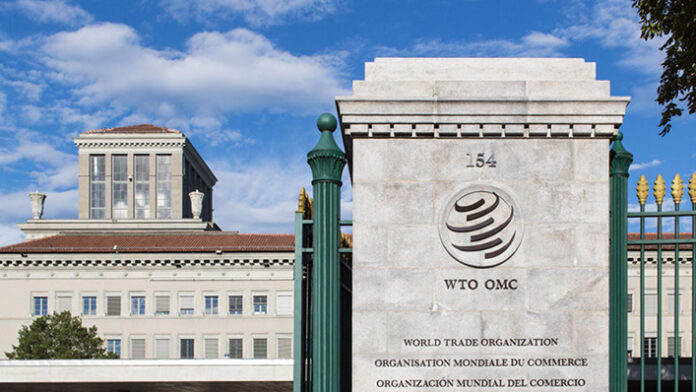WTO monitoring shows members acting to facilitate trade despite protectionist pressure:
Key Points from the Latest Trade Monitoring Update :
- Trade-Facilitating Measures: WTO members continue to introduce more trade-facilitating measures than trade-restricting ones on goods, demonstrating a commitment to keeping trade flowing despite current geopolitical uncertainty.
- Between mid-October 2023 and mid-May 2024, 169 trade-facilitating measures were introduced, compared to 99 trade-restricting measures.
- Most measures were on the import side, and new export restrictions declined significantly during this period.
- The total trade coverage of trade-facilitating measures was estimated at USD 1,219.0 billion, up from USD 977.2 billion in the previous report.
Trade Remedies:
- The average number of trade remedy initiations increased to 24.6, with almost 90% initiated by G20 economies.
- Anti-dumping measures were the most frequent, accounting for 70.3% of all initiations.
- The trade coverage of trade remedy investigations was USD 56.1 billion, up from USD 24.6 billion in the last report.
Services and Intellectual Property:
- In the services sector, most new measures introduced by WTO members were trade-facilitating, either liberalizing or improving the regulatory framework.
- Members also continued to refine their intellectual property regimes, with the implementation of new COVID-19 trade-related measures continuing to decline.
Import Restrictions:
- The stockpile of import restrictions in force has grown steadily since 2009, now covering an estimated USD 2,272 billion in trade, representing 9.7% of total world imports.
Industrial Policy Subsidies:
- There has been a rapid increase in industrial policy subsidies, particularly in areas related to climate change and national security.




